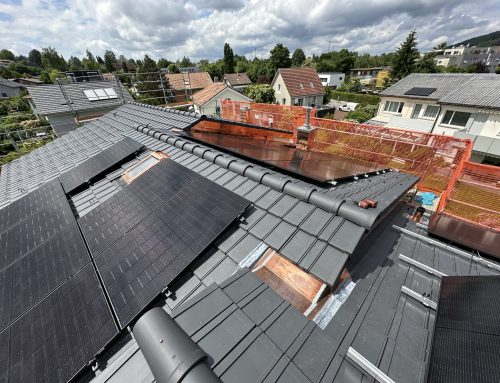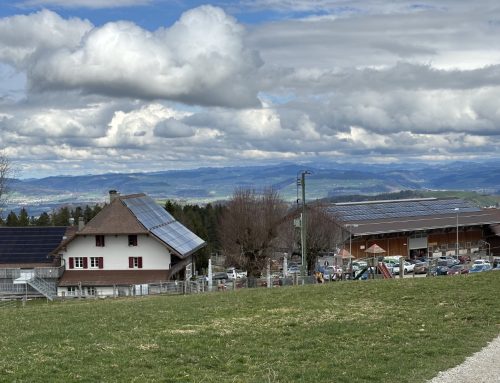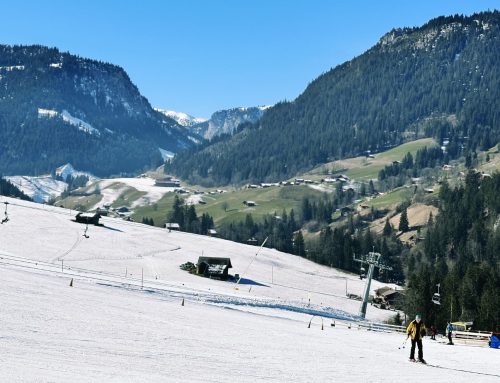Farming in Switzerland is diverse, sustainable, and deeply tied to the country’s culture, landscape, and food security. Covering about 37% of the nation’s land (roughly 1.04 million hectares), agriculture is dominated by small family farms, with an average size of 22 hectares. Despite contributing less than 1% to GDP (CHF 12 billion in 2022), it plays a vital role in shaping the iconic Swiss landscape and producing over 50% of the food consumed domestically.
IP Suisse is a label representing an association of 10’000 farmers. These producers are committed to animal and environmentally friendly production on their family farms in order to offer consumers healthy quality products with high ecological added value and at fair prices.
Swiss agriculture is heavily subsidized, with over 3.8 billion CHF annually in direct payments, making up nearly 80% of farm income. Policies prioritize food security, landscape preservation, and sustainability. Farmers also benefit from tax exemptions, subsidized fuel, and interest-free loans.
Farm closures continue due to economic pressures and lack of successors, with solutions like non-family succession and technology adoption proposed.
(Source Grok3 „Farming in Switzerland)







